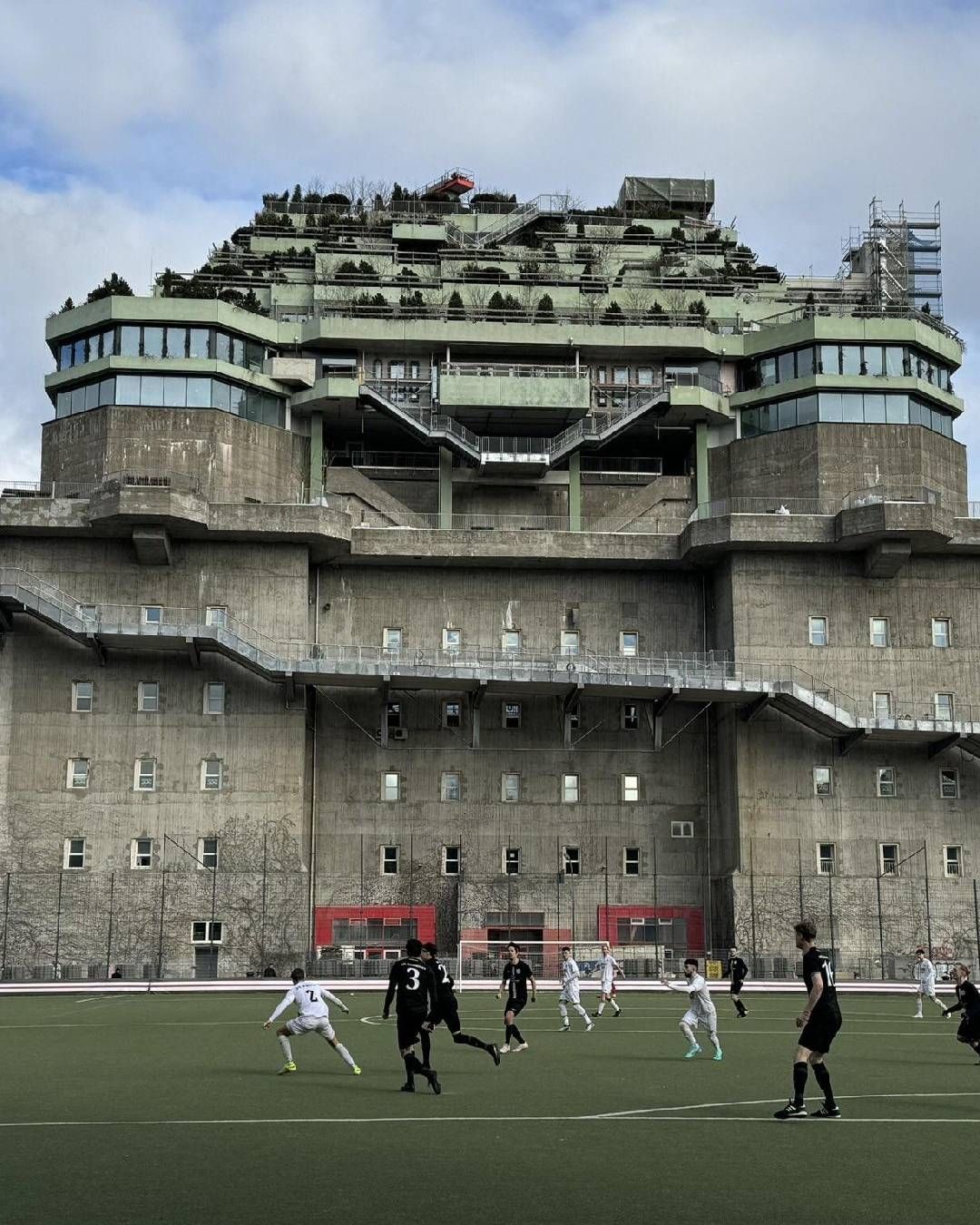
What happened to the Rave Decree? The poor results of a decree-law that perhaps did not have such urgency
The so-called "Rave Decree" was introduced a few days after the establishment of the Giorgia Meloni government, between October and November 2022. The regulation was highly desired by the majority members, promoted as a definitive solution to a problem that seemed to require prompt intervention by the State. It was a time when the issue of raves (or rather, "free parties") had been "rediscovered" after the government had shut down one near Modena. The event, called Witchtek, had been held for several years: in 2022, it had attracted about 3,000 people, but the numerous law enforcement officers deployed for the occasion caused it to end early after brief negotiations with the organizers. The Modena rave had not caused serious public or health problems and was no different from others of similar size, but it was the first major free party to occur under the Meloni government. By interrupting it, the new prime minister immediately demonstrated a very strict stance towards raves – traditionally not welcomed by the right. It is a topic that conservative voters are very sensitive to because it combines issues such as public order, urban decorum, youth, and drugs. Mainstream media often sensationalize these events, contributing to making them a propaganda opportunity for the more conservative political forces. «Like them or not, free parties are one of the few spontaneous cultural expressions in Europe that cut across class, race, and gender, and are now part of the collective consciousness and history of our countries,» argues writer Vanni Santoni, author of the novel Muro di casse.
The Poor Results of the "Rave Decree"
The Meloni government decided to introduce regulations against free parties very quickly, in order to "solve" what was presented as an urgent problem. The majority used the instrument of the emergency decree-law, which in theory should only be used in extraordinary cases of necessity. The government also presented the initiative as a deterrent aimed at discouraging the organization of free parties but, despite the political weight, the measure has led to rather limited results. Following a question raised by some opposition parliamentarians, the Minister of Justice provided some data on the application of the regulation on "dangerous gatherings" about eighteen months after its introduction: the judicial proceedings initiated in 2023 were twenty-one, and there has not yet been any definitive conviction. Less than ten people have been indicted, out of a total of fifty subjects investigated. These are rather low numbers, which demonstrate how ineffective the "Rave Decree" has been so far. In addition, last October, the information and fact-checking website Pagella Politica identified at least ten free parties organized during the year, evidence that, even as a deterrent, the decree does not seem to have influenced the occurrence of raves in Italy. The initial drafting of the regulation had been heavily criticized, both by the opposition and by several constitutionalists, because it was considered potentially applicable to demonstrations, strikes, or student occupations. For this reason, the text was reformulated: in its current version, the offense punishes with imprisonment from three to six years, and a fine from one thousand to ten thousand euros, those who organize without authorization a "musical gathering or with another entertainment purpose" from which "a concrete danger to public health could arise."















































